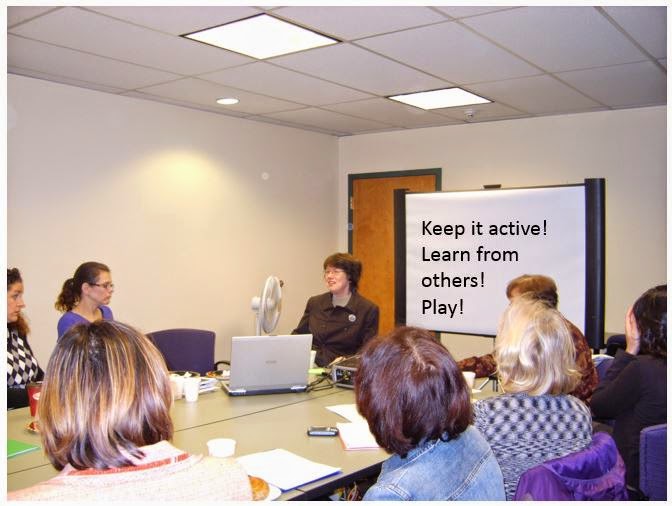Parents care deeply about their teens! Yet surveys show that too few parents of teens spot much incentive to enter some secondary schools. It doesn’t have to be that way LA’s “worst school” discovered when they reached out to parents and soon became the best. It turns out that many absentee adults disliked high school as their teens do, and these care givers tell you that not much has changed since – regarding secondary school experiences of personal failure.
That’s one of many reasons I use fun interactive journals to draw in parents at the core – where they love to express ideas about what we are learning! 
Not surprisingly, research also shows how teens improve their performance at school when caregivers participate in their learning community. Have you seen it happen? Alfie Kohn shows how schools can go far deeper with parents, by asking more relevant questions about homework, for instance, to gather and use more genuine input.
High schools that embrace parents, also benefit teens and the wider community in tangible ways. For instance, more adult presence at school has been found to stem secondary school dropouts.
How can our secondary schools shout Welcome to more parents?
1. Recognize that secondary schools failed some parents in past, and seek innovative opportunities to welcome them back now that their teens attend. When the school community looks at families with empathy, rather than blame their absenteeism, they often discover genuine reasons for lack of past involvement.
2. Create meaningful entry points for parents to participate, based as much on parental talents and interests – as on secondary school needs. Survey parents’ intelligences on the internet to see what would attract them to school, and build on their ideas. Start with a fun competition – offer a pizza party for the senior class that gets most adults out to the first school-community gathering, and ensure the parents who attend find interest and meaning because they came. 
3. Start with small roundtables rather than faculty lectures or talks, so parents’ insights become central. Expect a few dedicated parents at first, and then build enthusiasm to spread this new-found wealth with others. I’ve seen teachers feel discouraged when parents did not flood their events on the first invitation they sent. Rather than expect large groups initially – in the beginning it’s far better to expect fewer, welcome them heartily, and invite their help to build parental support at future school functions.
4. Invite talented facilitators to draw diverse parents into key curriculum and assessment decisions. Parents enjoy keen opportunities to help create curriculum at any secondary school where skilled leaders link parental experiences to classroom content. It takes less jargon and more thoughtful questions about content, so that parents and faculty find such discussions exhilarating through what if … kinds of possibilities. 
5. Collaborate a school wide knowledge celebration to draw together students and the wider community. Following parental and school collaborated learning tasks a celebration of learning allows for a museum of ideas, new exchanges with the wider community and further challenges to those who participated along the way. These celebrations can be student-led and interactive comments can follow on a web site for for a student, faculty and parent exchange.
6. Exchange student-led two footed questions to gather and use more genuine parental input on relevant topics. Ask questions ahead of parents visit and relate your two-footed prongs to a topic you are learning at the time, and to parents’ interest. For a history lesson you might ask, “What brainy solution would you like to teach a world leader?” For a civics lesson, ask: “What would you have done to inspire others to uphold a truth in this situation?” In science, ask ahead: “How would you defend the opposite of this idea and with what credible evidence?” In math, the two-footed question might be: “How would you explain one difficult problem in an easier way?” Two-footed questions allow parents to speak up and feel heard, and gathering ideas ahead sets the stage for an interactive forum where parents and students relate on topics in ways that engage deeper understanding, and draw on parental strengths. Students love the challenge of linking content to parental curiosity through a question’s two feet. 
How would you creatively move teens learning to new levels, by engaging more parental brainpower at school? Here are brain based tasks my students and parents love to engage with one another! They also enjoy ongoing communication that grows in fun ways through an interactive journal that leaves teens, teachers and parents on the same page!
YOUR TURN! Join our Brain Based Circles! Would love to meet you at any of the following!
Brain Leaders and Learners Blog
Mita Brain Center Facebook
efweber on Pinterest
@ellenfweber on Twitter
ellenfweber on Instagram
Ellen Weber on Google+
Ellen Weber on LinkedIn
Created by Ellen Weber, Brain Based Tasks for Growth Mindset